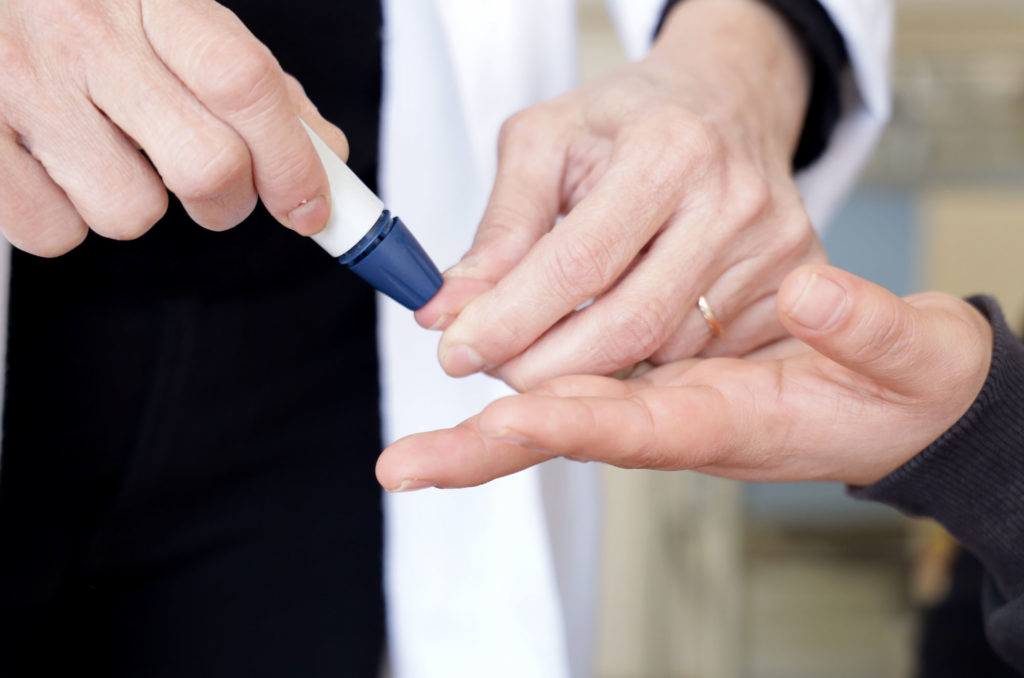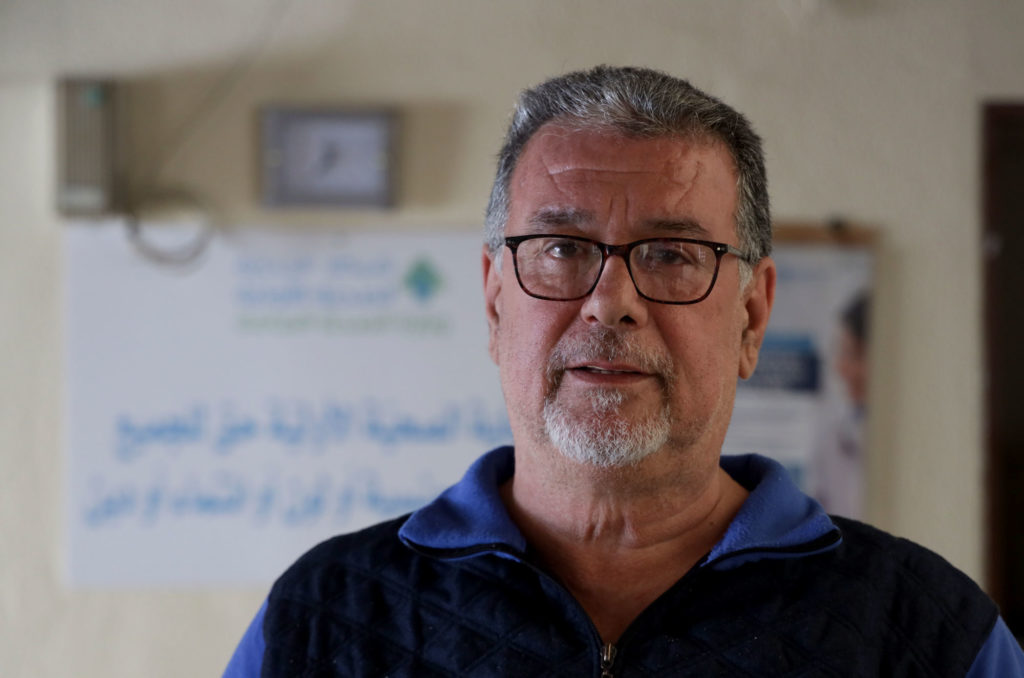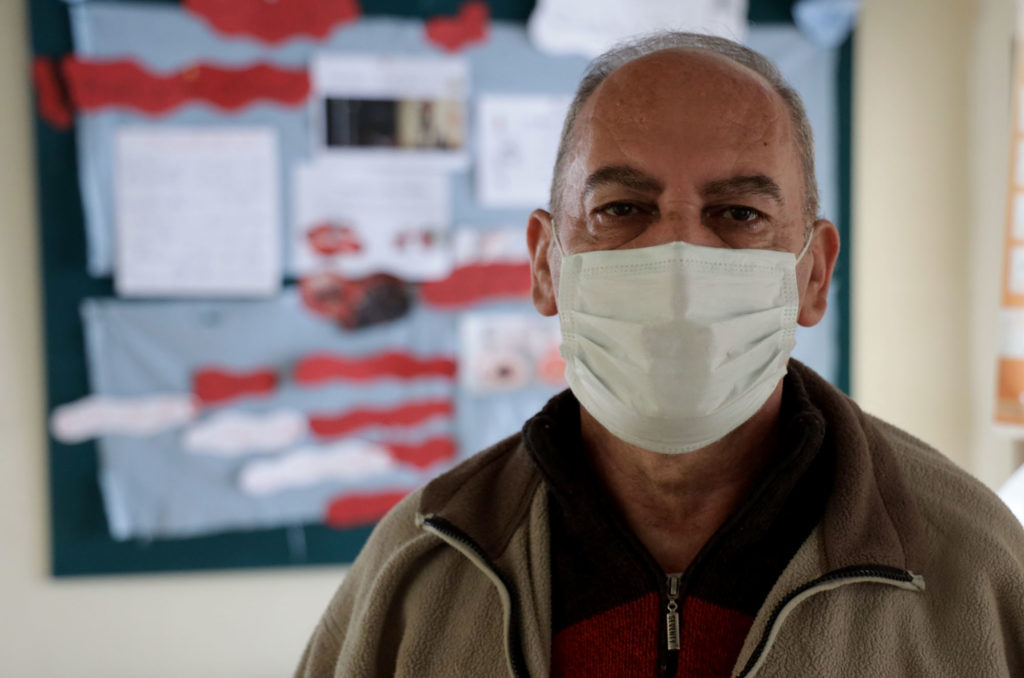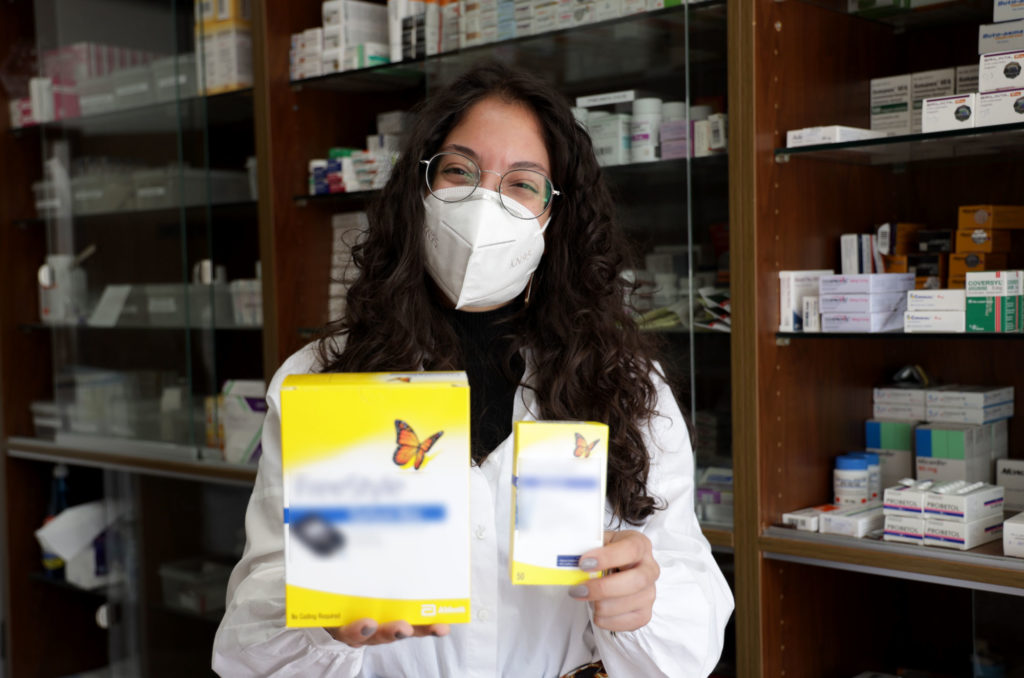Apr, 2021
Medical aid helps to ensure people have the tests they need
Conditions are becoming untenable for many diabetes patients in Lebanon. When someone with diabetes is unable to monitor their blood sugar levels, it can do lasting damage to the person’s kidneys, eyes, nerves and other organs. With continuous blood testing and appropriate treatment, diabetes can be controlled.
Diabetic patients must regularly test their blood sugar to manage their condition and adjust for the effects of foods and medicines that they consume. Blood glucose meters with test strips are the simplest way to test fluctuating glucose levels. Since the test strips are single-use, diabetics need a regular supply for daily testing. Patients with type 1 diabetes need as many as 10 test strips each day, while patients with type 2 diabetes need only two.


Considering the worsening socioeconomic situation in Lebanon over the past couple of years, most products have become excessively high-priced or otherwise absent in the market. The port explosion last August left the economy in catastrophic conditions. Within the health sector, the inability to access expensive medication or supplies has put pressure on the health of many patients.
Antoine, 62, is a patient at the Greek Catholic Charity Association medical center. He says,
“We’ve all been affected by the Beirut blast last August. Nobody was spared the trauma. I watched the explosion from my balcony. We were thrown onto the floor instantly. A number of humanitarian organizations have helped rebuild our houses. We’re still waiting for the state to intervene and help us, but it hasn’t budged so far.”


The test strips for glucose meters are one of the unaffordable items that patients need. The test strips are supposed to be subsidized by the government, but the national bank has not allocated the funds, and so the price has skyrocketed.
Butrus, 60, is also a patient at the medical center. He says,
“I’ve been diabetic for 15 years, and my blood sugar levels constantly fluctuate. I take daily medicines, and so it is necessary to monitor glucose levels on a regular basis. I have my own machine, but I often can’t afford the test strips. I go months without them sometimes and this causes me health problems.”


Anera has been able to supply diabetic patients with test strips, helping them routinely monitor blood sugar levels, and hopefully reduce all diabetic complications.
Celine Rizkallah, a pharmacist at the Greek Catholic Charity Association medical center, says,
“Diabetic patients have become unable to purchase diabetes monitoring machines and test strips. The blast destroyed many patients’ machines and others just are unable to afford anything at this point. The donation from Anera is helping around 80 diabetes patients in our hospital.”
To help support this project, Americares sent a shipment of diabetes machines and test strips. Americares is a global non-profit organization committed to focusing on health that provides support for health programs, medicine and medical supplies. The shipment included 6,000 test strips packs, as well as 500 blood glucose meters.
Anera distributed the shipment to local partners, including non-profits such as Ibad Al-Rahman Association, Amel Association International, and Greek Catholic Charity Association, and to hospitals like the Beirut Governmental Hospital of Karantina and the Child and Mother Welfare Hospital.
MEDICAL AID
Entrance to the Greek Catholic Charity Association medical center in Beirut.
Anera allocated a share for the Greek Catholic Charity Association, delivering 76 machines and 912 test strips packs. To ensure long-term consistency in testing and treatment, Anera provided each patient with enough supply to last one year.
The Greek Catholic Charity Association is a charitable organization dedicated to supporting the minority Greek Catholic community in Beirut and Its suburbs.
Rizkallah says,
“Our patients with chronic illnesses are mostly covered by the Ministry of Health, but we’ve seen an influx of patients asking for help finding or buying medicines. Unfortunately, we do not have enough supply to cover everyone.”




